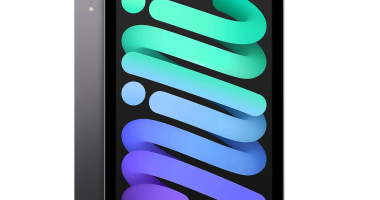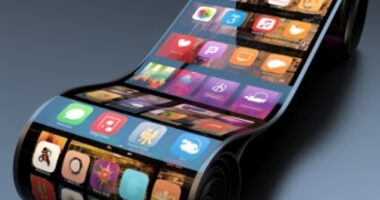A RARE and mysterious blast of energy from deep in space has left scientists scratching their heads about what is causing it.
The phenomenon is only the second time something like it has been detected.
Experts call it a fast radio burst, or FRB.
They usually appear once unexpectedly, making them extremely difficult to study.
But this latest one was found frequently spitting out an intense cosmic ping.
Wild guesses suggest they could originate from anything including a black hole or even extraterrestrials, but nothing has been proven yet.


It’s more likely that they come from a magnetar, a type of neutron star that has a very strong magnetic field.
Initial estimates suggested it came from about 3billion light years away but it could actually be much further.
So far, the discovery appears to have created more questions than answers.
“The FRB field is moving very fast right now and new discoveries are coming out monthly,” said Sarah Burke-Spolaor, from West Virginia University (WVU).
Most read in Tech
“However, big questions still remain, and this object is giving us challenging clues about those questions.”
What are FRBs, and why are they important?
Here’s what you need to know…
- FRBs, or fast radio bursts, are a mysterious space phenomenon
- They’re very quick radio bursts that last just a few milliseconds (or thousandths of seconds)
- They’re detected as huge spikes of energy that change in strength over time
- The first one was discovered back in 2007, found by looking back through space survey data
- Lots of FRBs have been found since then
- There’s also one FRB source that is sending out repeated bursts – and no one is quite sure why
- In fact, scientists have struggled to explain exactly what causes any FRB in the first place
- Theories include rapidly rotating neutron stars, black holes, and even alien life
- FRBs are important simply because they’re so baffling to experts
- Unlocking the secrets of what causes them will give us a much better understanding of what goes on beyond our galaxy
- And if it does turn out that some other life-form is causing these FRBs, it would be a world-changing discovery
The object, officially named FRB 190520, was spotted by a huge telescope in China three years ago.
Only now have scientists been able to present their findings in the Nature journal.


FRBs were first detected in 2007 and experts of seen dozens since.
“One possibility is that the highly active source may be a newborn, and if so, it paints an intriguing evolutionary picture of FRB sources, where young burst sources are associated with persistent radio emission,” said research co-author Shami Chatterjee.
Find out more about science
Want to know more about the weird and wonderful world of science? From the Moon to the human body, we have you covered…
We pay for your stories! Do you have a story for The Sun Online Tech & Science team? Email us at [email protected]
This post first appeared on Thesun.co.uk











